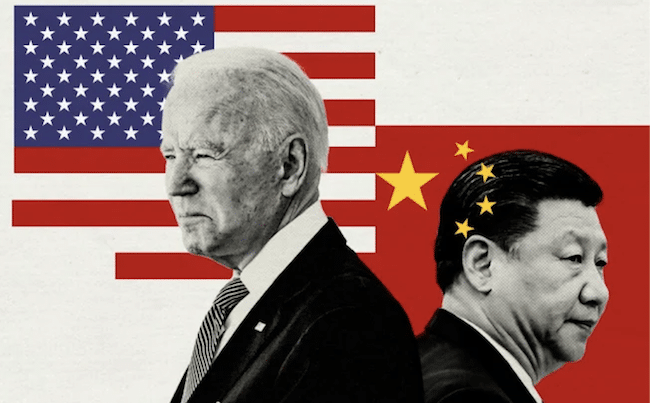
The United States has warned that China’s lending practices could heighten Beijing’s influence over Nigeria.
This observation emerged from an “Integrated Country Strategies” report produced by the US Department of State, obtained by Punch.
Approved in April 2022 and later updated in June 2023, the document underscored China’s provision of sub-prime loans for Nigerian infrastructure endeavours.
The Corporate Finance Institute defines such loans as higher-interest credit extended to those ineligible for standard loans.
The report highlighted, “China offers sub-prime financing for a range of infrastructure projects, with the potential to add unnecessarily to Nigeria’s debt burden and increase Chinese influence over the Nigerian government.”
Research by the platform indicates Nigeria’s debt to China’s Exim Bank stood at $4.34bn as of March 2023.
Moreover, in January 2022, it was reported that the Chinese Civil Engineering Construction Corporation (CCECC) managed Nigerian rail projects worth over $25.51bn, as detailed by a US-based Fitch Solutions study.
This report also noted, “China Civil Engineering Construction Corporation has dominated the railway construction sector in Nigeria, supported by Chinese financing.”
Key projects helmed by CCECC include the $11.10bn Lagos-Calabar coastal railway project and the planned $3.90bn Abuja-Itakpe-Warri rail line project, in collaboration with other firms.
Furthermore, the Federal Government has frequently turned to Chinese lenders for infrastructure funding.
As of September 2021, 15 projects, including four rail initiatives, were backed by Chinese loans, as revealed in a document by the DMO.
However, the US document didn’t only spotlight concerns over Chinese financing but also critiqued Nigeria’s political and economic landscape.
It commented on the country’s disjointed decision-making and self-interested political elites, who often prioritize personal gains over national interests.


